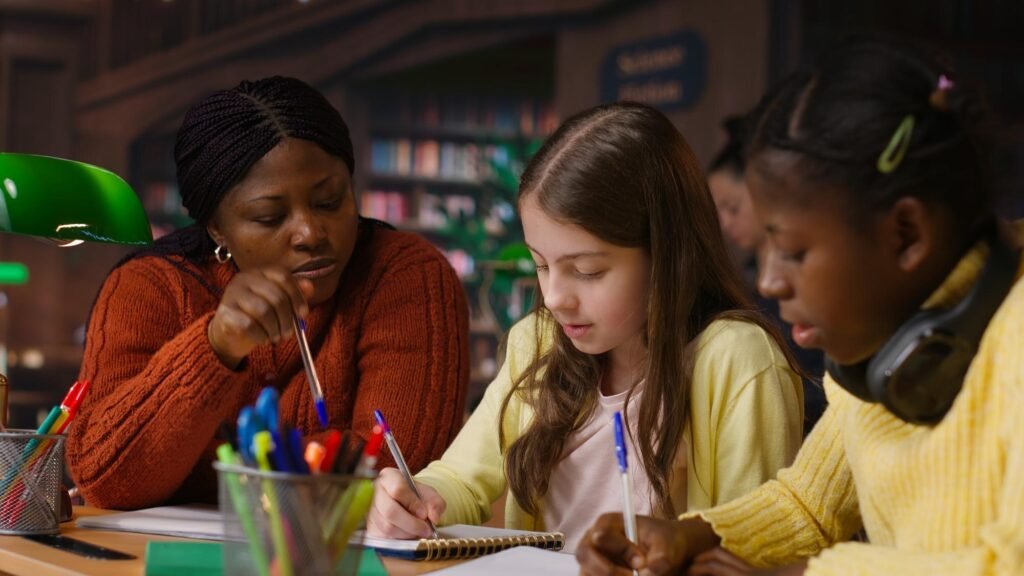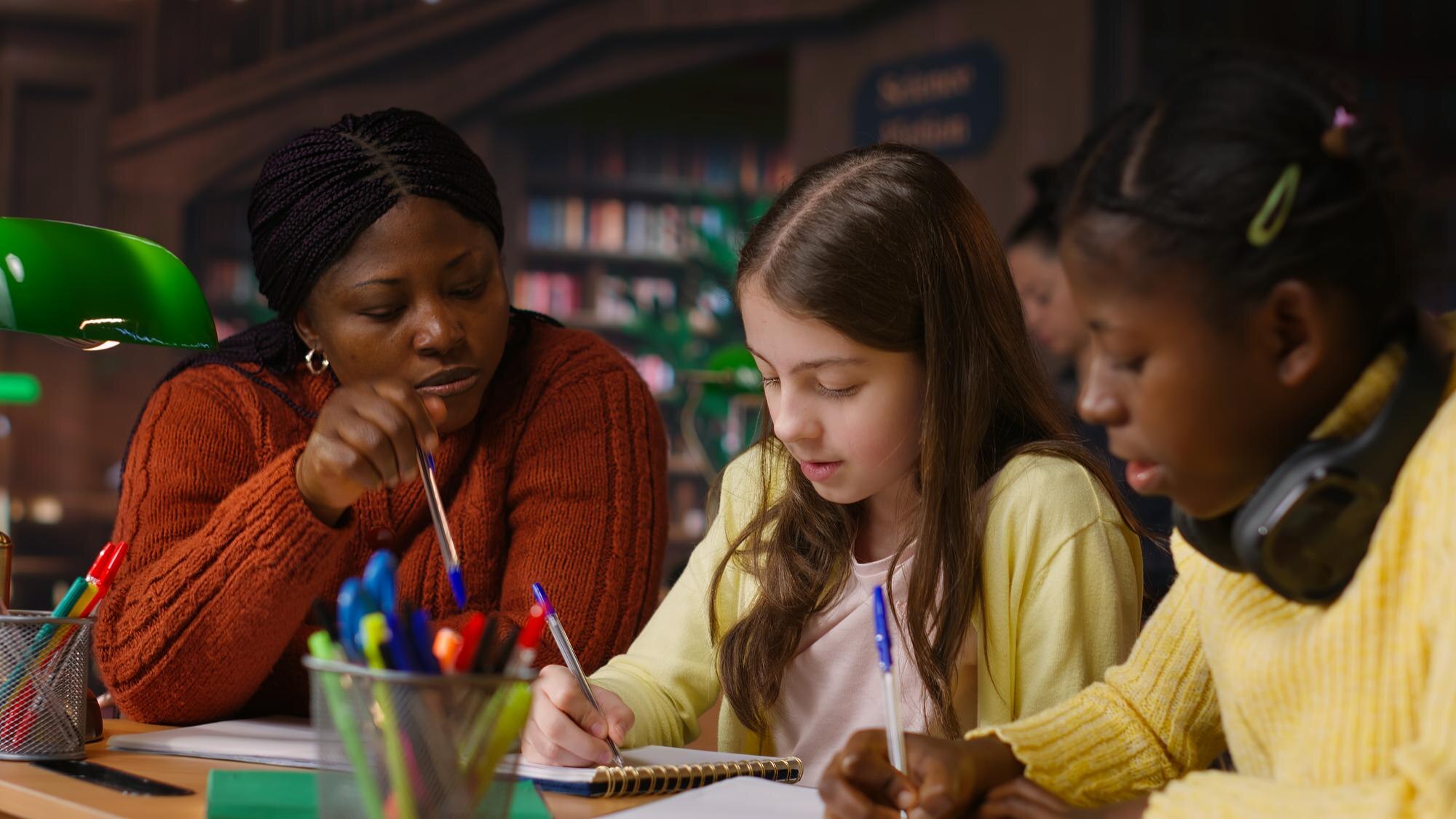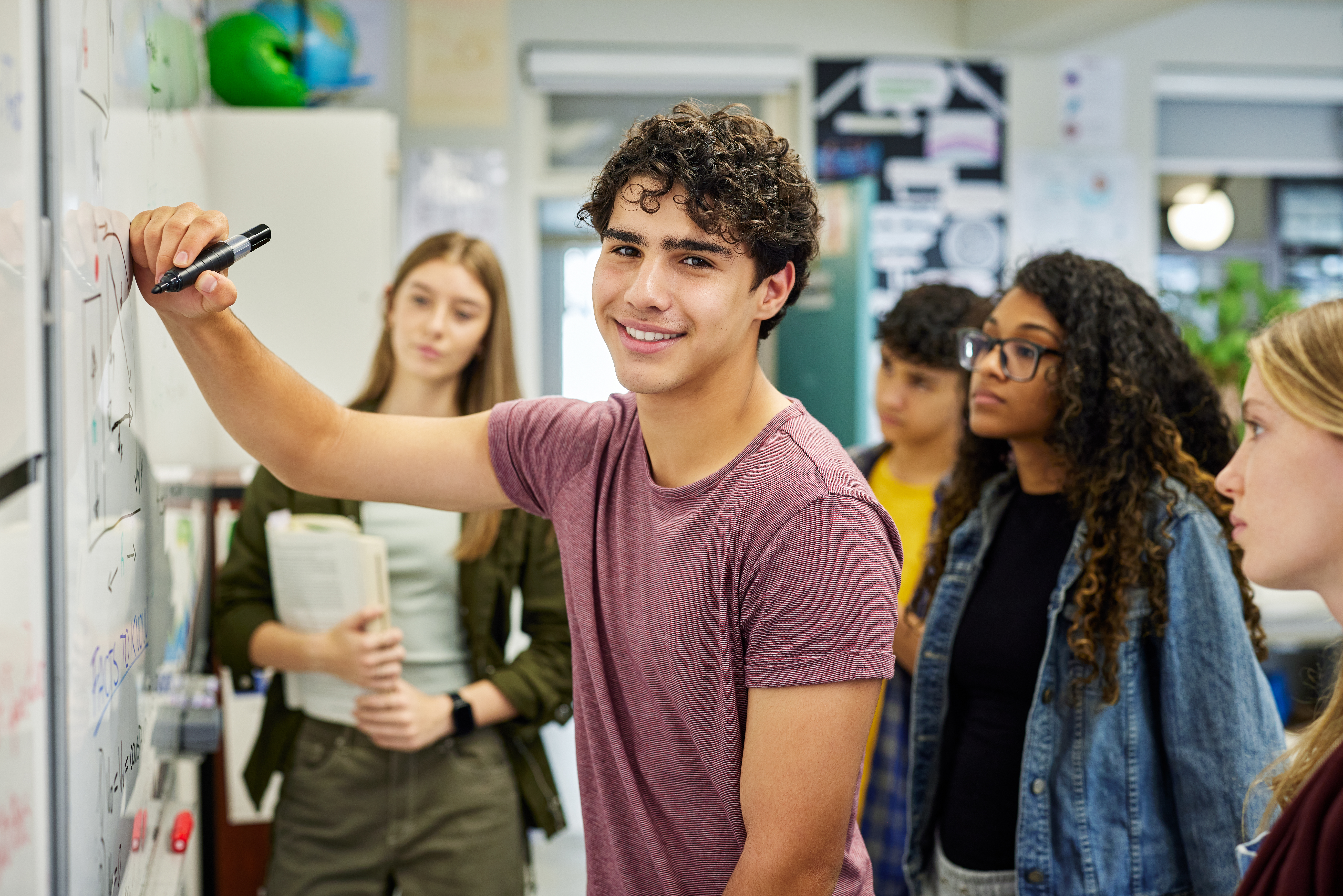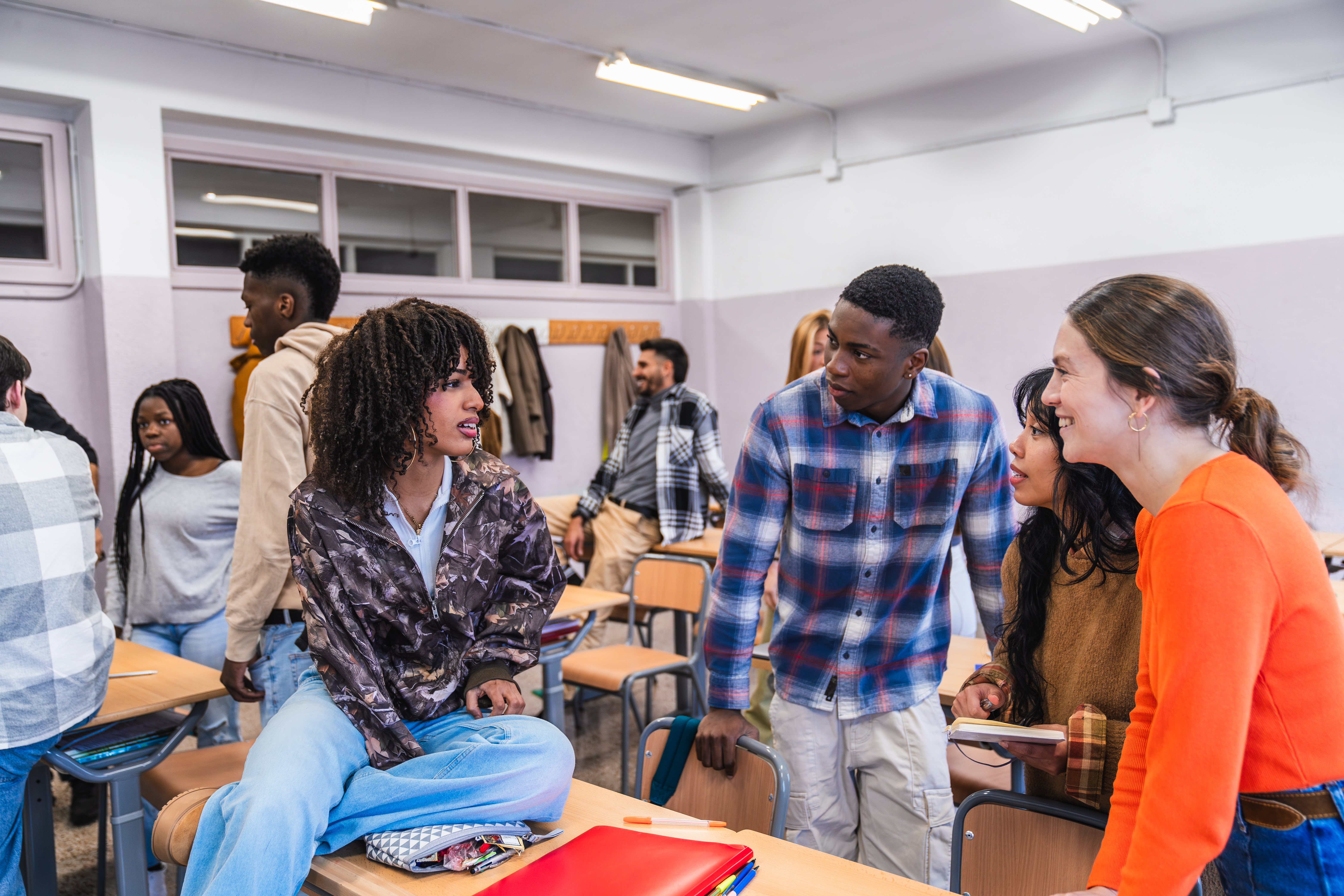
Empowering Gifted Students: Top Strategies for Educators to Build Resilience and Confidence
Gifted students often face a unique set of emotional challenges. They juggle high expectations while navigating a world that may not always understand them. As an educator, your role in building their resilience and confidence is pivotal. Imagine equipping these bright minds with the tools they need to thrive emotionally and mentally. In this post, you’ll uncover top strategies designed to support gifted youth, ensuring they flourish in every aspect of their lives. Ready to make a lasting impact? Let’s dive in.
Building Resilience in Education

Building resilience in education is crucial for gifted students. It helps them navigate challenges and maintain emotional well-being. Resilience is not innate—it’s a skill that can be developed with the right guidance. Educators play a key role in nurturing this trait, helping students face adversity with confidence and adaptability.
Encouraging Emotional Awareness
Gifted students often experience intense emotions. Emotional awareness is the ability to recognize and understand these emotions, which is essential for resilience. Educators can promote this by creating a safe space for students to express their feelings.
One effective approach is to introduce regular reflection activities. Encourage students to journal their thoughts and emotions. This practice helps them identify emotional patterns and triggers. Discussing emotions openly in the classroom also normalizes emotional expression.
Teachers can also model emotional awareness. Share personal experiences and how you managed your emotions. This sets an example and opens the door for students to share their stories.
According to Edmentum, incorporating emotional learning into daily activities can significantly enhance students’ resilience.
Developing Coping Mechanisms
Coping mechanisms are strategies that help students manage stress and overcome obstacles. Educators can teach these skills through targeted activities and discussions.
Start by introducing mindfulness exercises. These simple practices focus on breathing and awareness, reducing stress and promoting calmness. Encourage students to explore different techniques until they find what works best for them.
Teach students to break tasks into manageable steps. This reduces overwhelm and fosters a sense of control.
Encourage problem-solving discussions. When students encounter challenges, guide them through potential solutions.
Introduce peer support groups. These provide a platform for sharing experiences and learning from each other.
The Genie Academy suggests that coping mechanisms empower students to handle academic pressures and personal challenges effectively.
Confidence Building Techniques

Confidence building is vital for gifted students. It encourages them to take risks and pursue their passions. Educators can implement techniques to foster self-assurance and a positive self-image.
Growth Mindset Promoting
A growth mindset is the belief that abilities can be developed through dedication. This perspective is crucial for confidence building. Educators can instill this mindset by emphasizing effort over innate talent.
Introduce the concept of growth mindset through classroom discussions and activities. Use real-world examples of individuals who achieved success through perseverance. Highlight the importance of learning from failures.
Share inspiring stories of perseverance and growth.
Differentiate between a fixed and a growth mindset using examples.
Encourage students to set and pursue challenging goals.
According to the ESCCO, promoting a growth mindset helps students become resilient learners who are not afraid to tackle difficult tasks.
Celebrating Personal Achievements
Celebrating achievements boosts confidence. It reinforces the value of hard work and perseverance. Educators can create an environment where accomplishments are recognized and cherished.
Organize regular events to showcase students’ work. These could be exhibitions, presentations, or talent shows. Encourage students to share their successes with peers and family.
Highlight individual strengths and contributions.
Offer constructive feedback to reinforce positive behavior.
Encourage peer recognition to build a supportive community.
Gifted Challenges emphasizes that recognizing achievements fosters a sense of accomplishment and motivates students to continue striving for excellence.
Educational Strategies for Supporting Gifted Youth

Educational strategies tailored to gifted youth promote their development and emotional well-being. They ensure that students’ unique needs are met, providing them with opportunities to excel.
Individualized Learning Plans
Individualized learning plans cater to the specific needs and interests of gifted students. They provide a customized approach to education, allowing students to explore their passions deeply.
Develop these plans by assessing each student’s strengths, interests, and learning styles. Collaborate with students and parents to set achievable goals and benchmarks.
Review and adjust plans regularly to ensure they remain relevant.
Include enrichment activities that challenge and engage students.
Provide resources and support for independent learning projects.
Individualized plans, as highlighted by Edmentum, offer flexibility and support, enabling students to thrive academically and emotionally.
Collaborative Problem-Solving Activities
Collaborative problem-solving activities help gifted students develop teamwork and communication skills. They also provide an avenue for social interaction and collective learning.
Design activities that require students to work together to solve complex problems. This approach encourages diverse perspectives and creative thinking.
Group students based on complementary skills and interests.
Provide real-world problems that require innovative solutions.
Facilitate peer discussions to enhance learning experiences.
According to The Genie Academy, collaborative activities help gifted students learn to appreciate different viewpoints, building empathy and social awareness.
By implementing these strategies, educators can effectively support gifted students in developing resilience and confidence, preparing them for a future full of possibilities. 🌟

A certified Heal Your Life® Coach with 20+ years in education and emotional development. Supports gifted teens in navigating anxiety, perfectionism, and identity challenges, while equipping parents with practical tools for lasting transformation. Sessions blend emotional healing, mindset mastery, and strategic empowerment.



